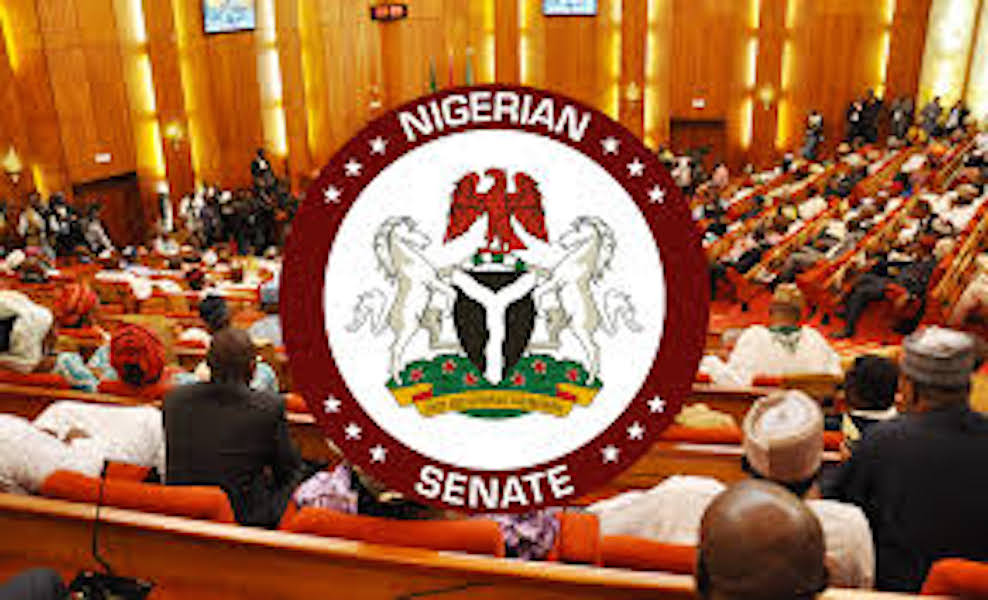After prolonged debates, apprehensions and agitations, the National Assembly, Tuesday, granted full financial, administrative and political autonomy to the 774 Nigerian local government councils.
The National Assembly amended section 124 of the Constitution in which a sub-section makes the local councils, a full third tier government without undue interference from the state governments.
Under Nigeria’s revenue-sharing formula for every month, the federal government takes the lion’s share of 52.68 percent from the federation account, the 36 states receive 26.72 percent, while the local government council collects 20.60 percent.
Recall that the House of Representatives had last week approved the amendment as one of the 22 others and the amendment has been ratified by the Senate.
Both chambers through a conference committee harmonised versions of the amendments into the constitution carried out by each of the last months.
By the development, the National Assembly had ratified all the 23 clauses and sections that had been amended by both chambers.
The newly amended document which would be sent to States Houses of Assembly, for approval, also approved the creation of the Office of Auditor-General of the Local Government as well as the State Local Government Service Commission.
Section 7 (6) (a) and (b) of the 1999 Constitution of the Federal Republic of Nigeria (as amended) confers on the National Assembly (NASS) and the State Houses of Assembly, the powers to make provisions for statutory allocation of public revenue to the local councils in the federation and within the states.
The state governors exploited the lacuna of Section 162 (6) of the Constitution which expressly provides for the creation of the State Joint Local Government Account (SJLGA) into which shall be paid all allocations to the Local Government Councils of the State from the Federation Account and from the Government of the State.
In what looked like a sponsored battle by the state governors, the 27 state assemblies in February 2018 refused to pass a resolution granting autonomy for local government councils in the country.
The National Financial Intelligence Unit (NFIU) jumped into the fray and issued a directive making it illegal with effect from June 1, 2019, for state governors to tamper with the allocations of local governments.
Yet, reports from various states show that state governors through their cronies were still feasting from the local government funds.
In bursting the collusion, the National Assembly relied on Section 162 (7) of the Constitution which places on assembly the power to prescribe the terms and manners in which funds from the SJLGA may be disbursed and in Subsection (8), the Constitution empowers the State House of Assembly to prescribe the manner in which the amount standing to the credit of the local councils in the state shall be distributed.”
Sub-sections three to eight of Section 162 read as follows:
(3) Any amount standing to the credit of the Federation Account shall be distributed among the Federal and State Governments and the Local Government Councils in each State on such terms and in such manner as may be prescribed by the National Assembly.
(4) Any amount standing to the credit of the States in the Federation Account shall be distributed among the States on such terms and in such manner as may be prescribed by the National Assembly.
(5) The amount standing to the credit of Local Government Councils in the Federation Account shall also be allocated to the State for the benefit of their Local Government Councils on such terms and in such manner as may be prescribed by the National Assembly.
(6) Each State shall maintain a special account to be called “State Joint Local Government Account” into which shall be paid all allocations to the Local Government Councils of the State from the Federation Account and from the Government of the State.
(7) Each State shall pay to Local Government Councils in its area of jurisdiction such proportion of its total revenue on such terms and in such manner as may be prescribed by the National Assembly.
(8) The amount standing to the credit of Local Government Councils of a State shall be distributed among the Local Government Councils of that State on such terms and in such manner as may be prescribed by the House of Assembly of the State.

